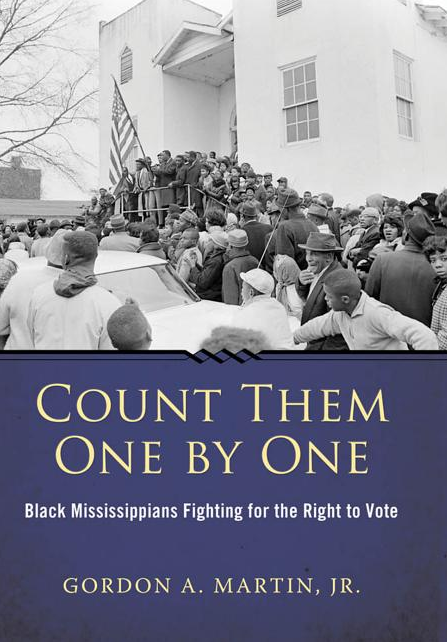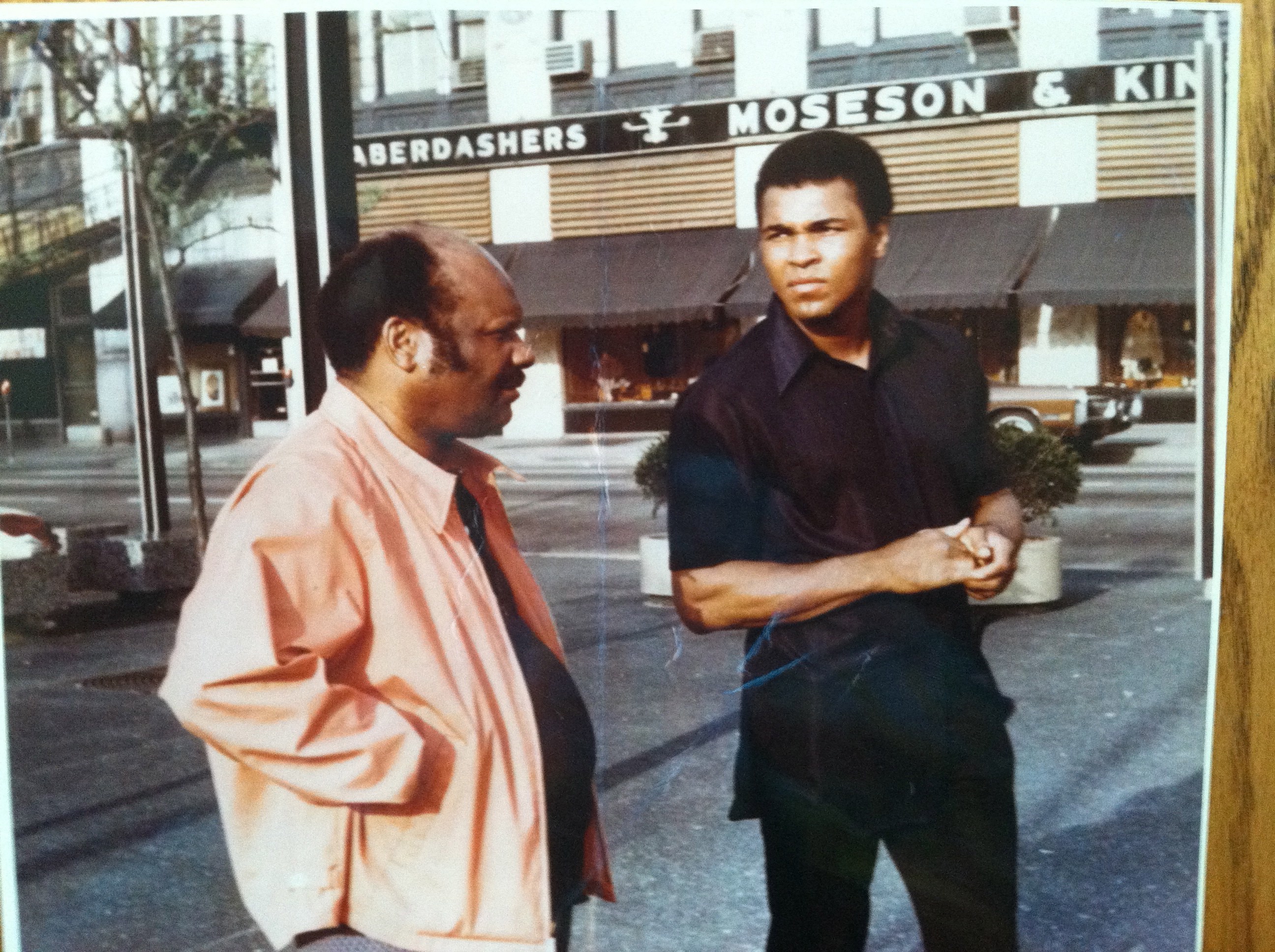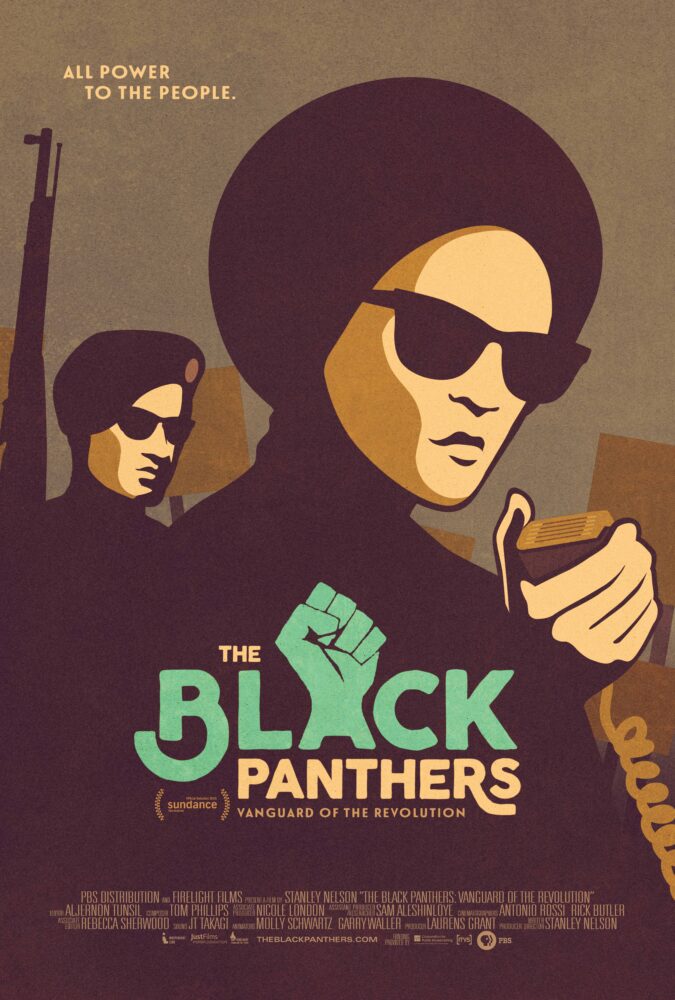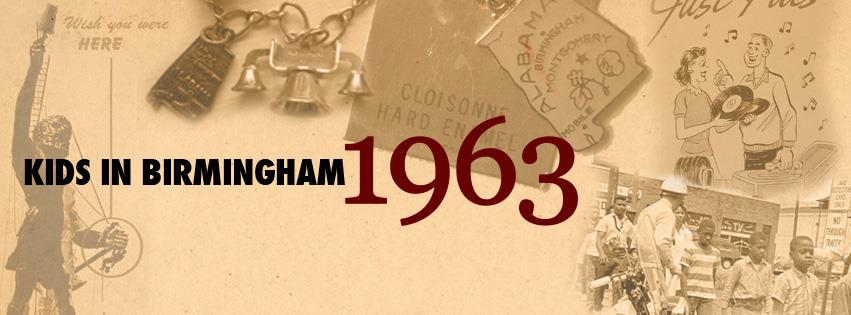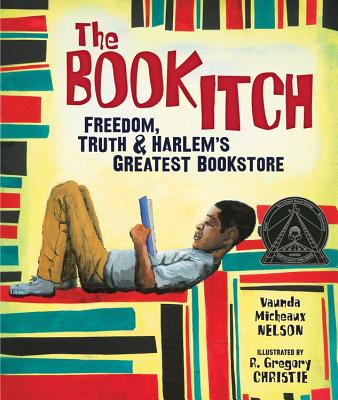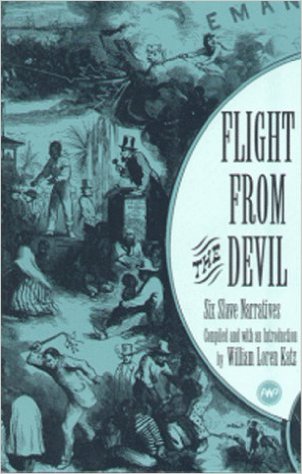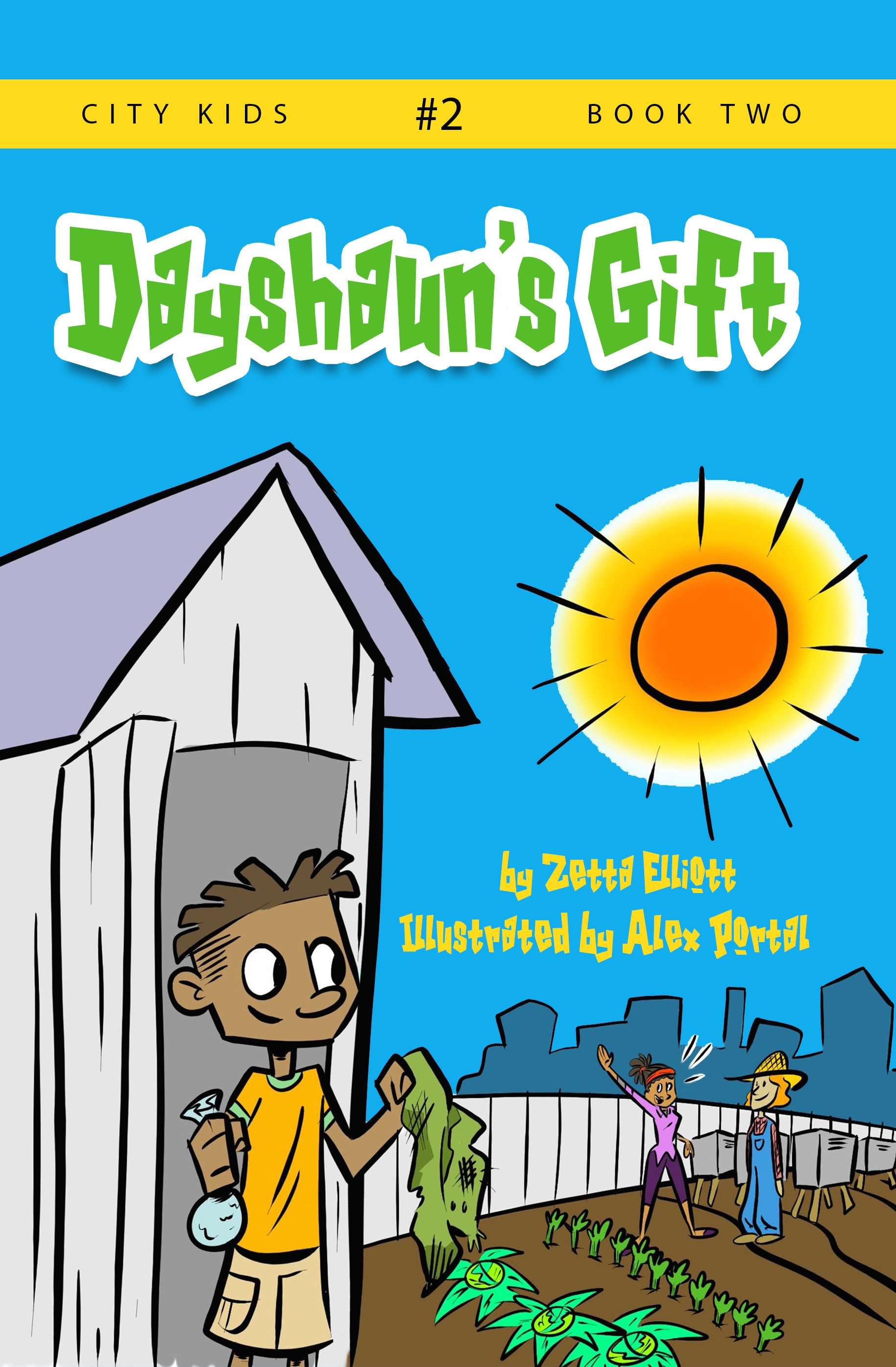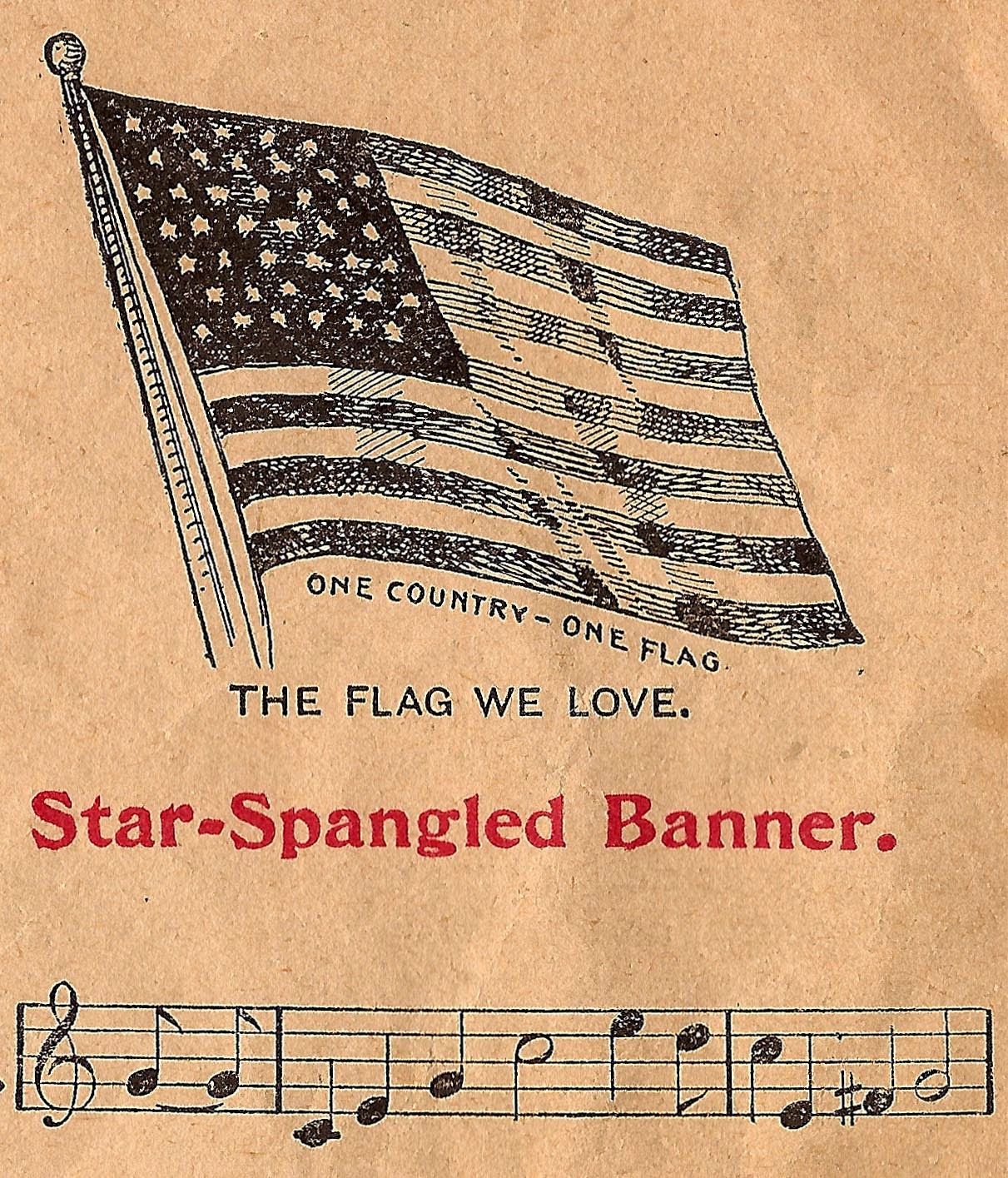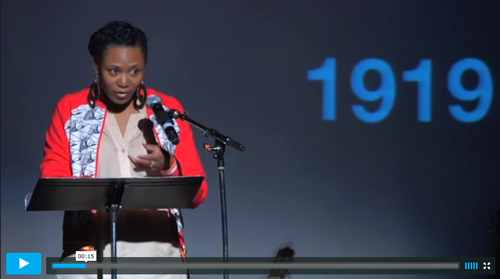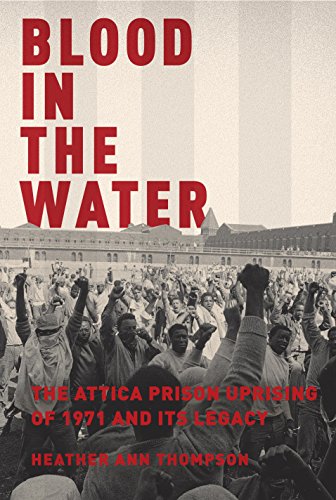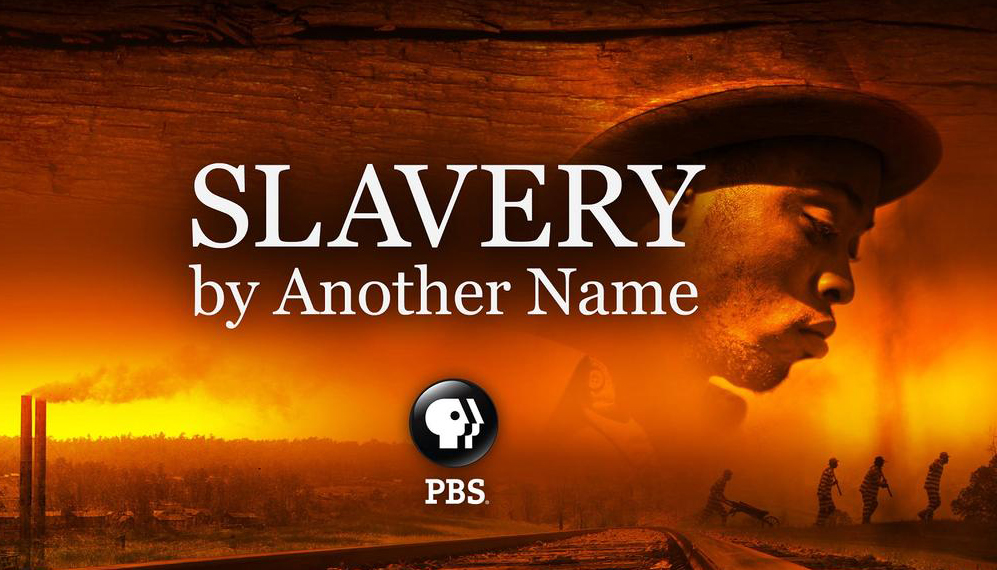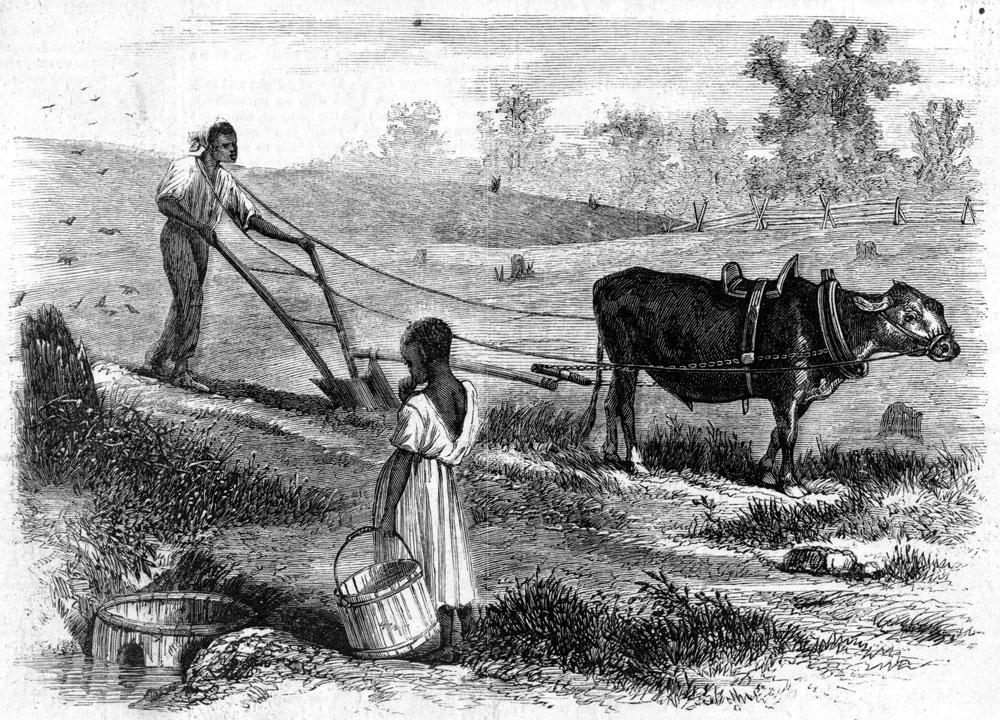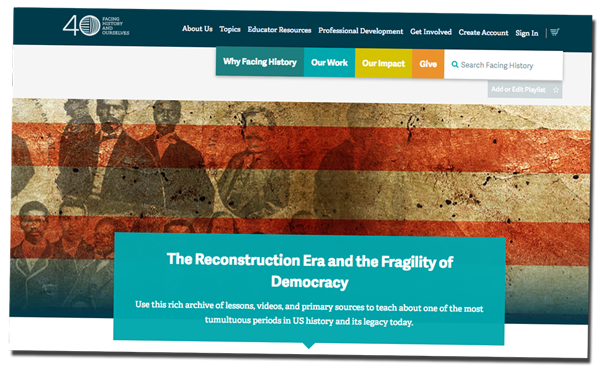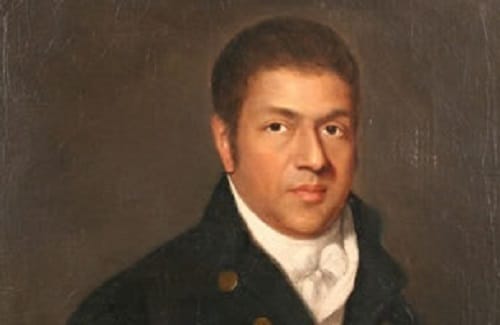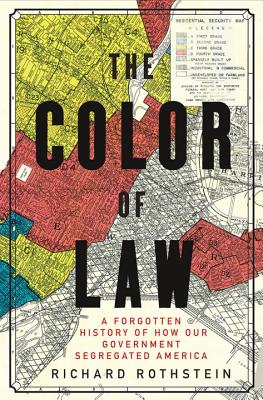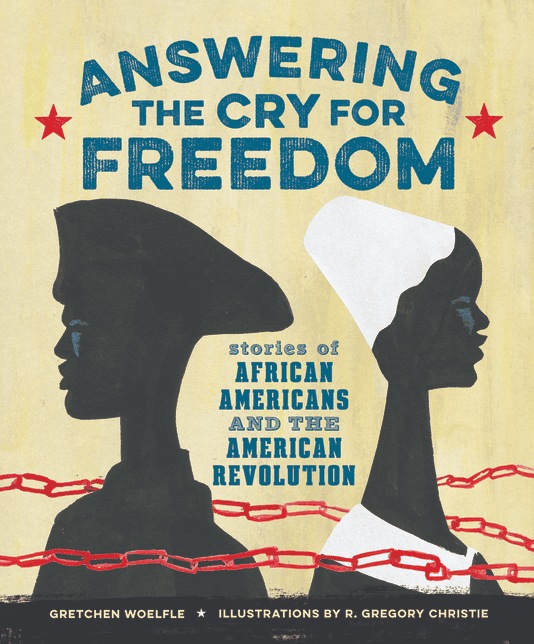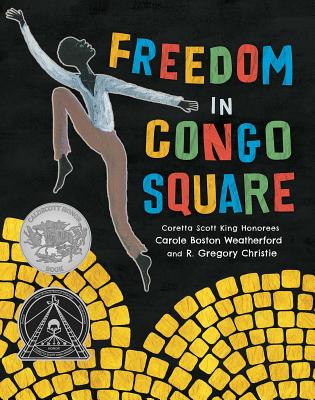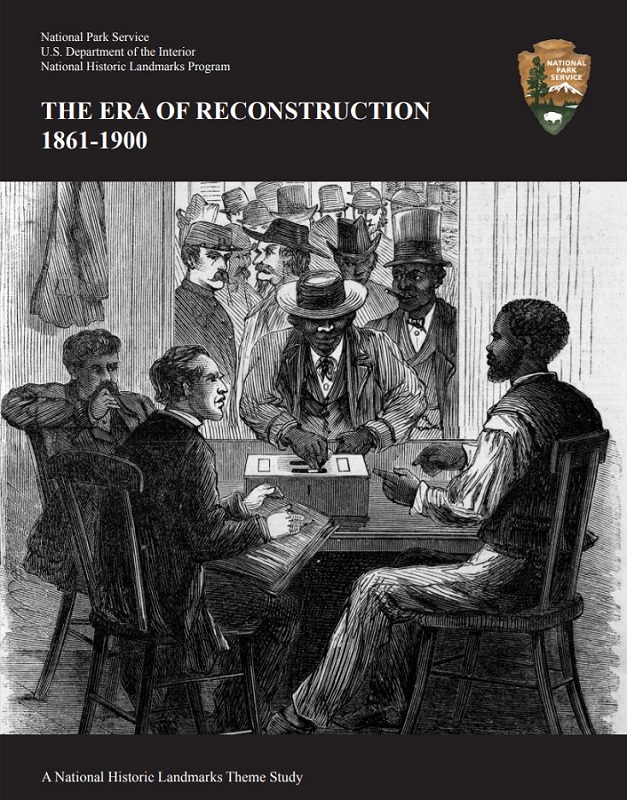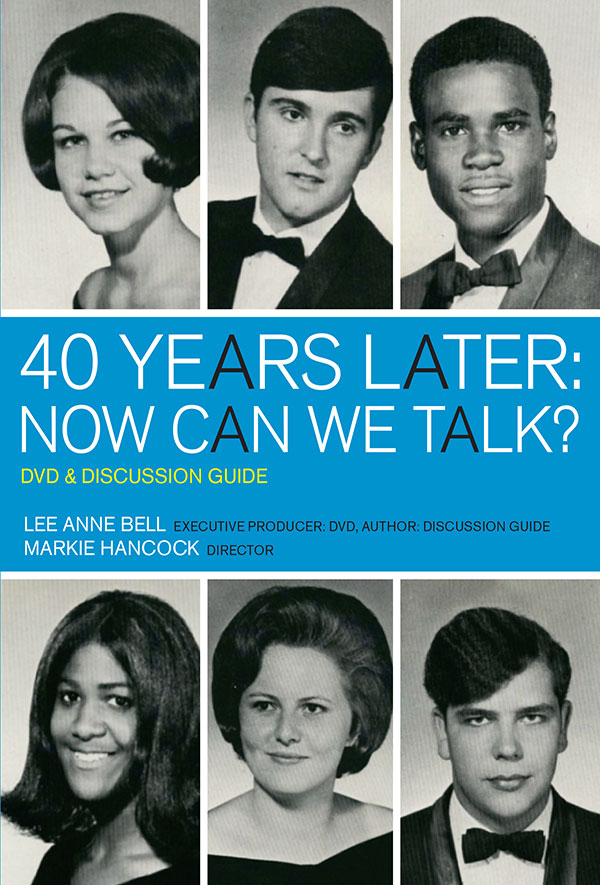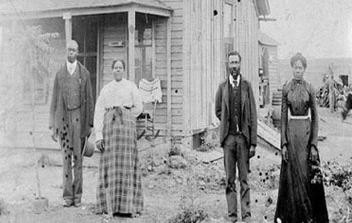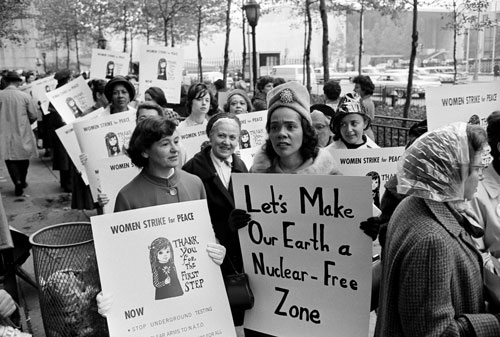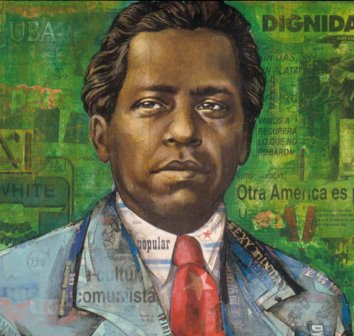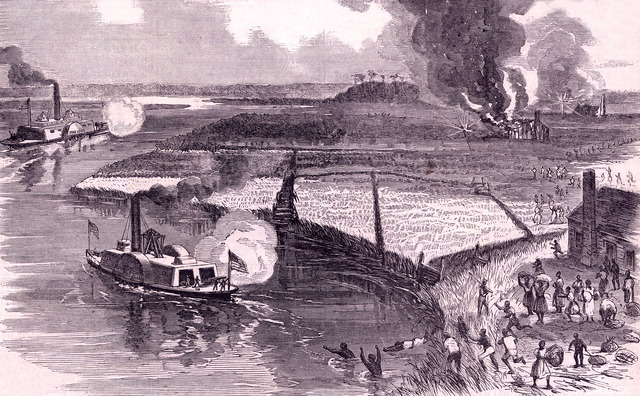Book — Non-fiction. By Gordon A. Martin Jr. 2014. 272 pages.
A detailed portrait of brave individuals who risked everything in their fight for the right to vote.
Continue reading
Article. By James Baldwin. October 16, 1963.
Baldwin addresses the challenges of education to prepare children to grapple with the myths and realities of U.S. history.
Continue reading
In Miami Beach, Florida, Muhammad Ali (then Cassius Marcellus Clay Jr.) won the heavyweight boxing championship title at the age of 22.
Continue reading
Film. By Stanley Nelson. 2015. 115 minutes.
Documentary on the Black Panther Party for Self Defense.
Continue reading
Digital collection. A resource for the stories of people who were children in Birmingham in 1963.
Continue reading
Picture book. By Vaunda Micheaux Nelson, Illustrated by R. Gregory Christie. 2015. 32 pages.
Tells the story of Lewis Michaux Sr.'s Harlem bookstore that was a center of African American history, scholarship, debate, and activism, for grades 2-5.
Continue reading
Book — Non-fiction. Compiled and with an introduction by William Loren Katz. 1996. 434 pages.
Six narratives by people who were enslaved that helped expose the horrors of slavery and advance the fight for abolition.
Continue reading
Book — Historical fiction. By Zetta Elliott. 2015. 88 pages.
Time travelling historical fiction for upper elementary school students on the New York City Draft Riots.
Continue reading
Article. By Jefferson Morley. 2012.
"Star-Spangled Banner" songwriter Francis Scott Key opposed abolitionists and free speech in his role as district attorney of the city of Washington.
Continue reading
Film clip. Voices of a People’s History.
Dramatic reading of an excerpt from an interview of Sylvia Woods (1919) by Alana Arenas.
Continue reading
Book — Non-fiction. By Heather Ann Thompson. 2016. 752 pages.
The hidden history of the infamous 1971 Attica Prison Uprising.
Continue reading
Film. By Sam Pollard, Catherine Allan, Douglas Blackmon and Sheila Curran Bernard. 2012. 90 minutes.
Reveals the interlocking forces in the South and the North that enabled “neoslavery” post-Emancipation Proclamation.
Continue reading
Lesson. By Bill Bigelow. 17 pages.
This role play engages students in thinking about what freedpeople needed in order to achieve — and sustain — real freedom following the Civil War. It's followed by a chapter from the book Freedom's Unfinished Revolution.
Continue reading
Teaching Guide. By Facing History and Ourselves. 2015.
A collection of lessons, videos, and primary sources to teach about Reconstruction.
Continue reading
Paul Cuffee and other free Blacks petitioned the Massachusetts government to give African and Native Americans the right to vote.
Continue reading
Book — Non-fiction. By Richard Rothstein. 2017. 368 pages.
A history of the laws and policy decisions passed by local, state, and federal governments that promoted racial segregation.
Continue reading
Book — Fiction. By Ann E. Burg. 2016. 352 pages.
Story of a family fleeing slavery written in verse for grades 4-8.
Continue reading
Book — Non-fiction. By Gretchen Woelfle. Illustrated by R. Gregory Christie. 2016. 238 pages.
Profiles of African American, free and enslaved, during the American Revolution for upper elementary to middle school.
Continue reading
Book — Non-fiction. By Carole Boston Weatherford. Illustrated by R. Gregory Christie. 2016. 40 pages.
Introduces children to the brutality of slavery and the role of culture in resistance.
Continue reading
Book — Non-fiction. By National Park Service. 2017. 165 pages.
A theme study on the history of the Reconstruction era.
Continue reading
Film. By Lee Anne Bell and Markie Hancock. 2013. 45 minutes.
This DVD and discussion guide offer a powerful way to engage students, teachers, and community groups in honest dialogue about the ongoing problems of racism and what we can do to address them.
Continue reading
Film. Center for Investigative Reporting and Two Tone Productions. 2007. 84 minutes.
Filmmaker Marco Williams examined four examples of primarily white communities violently rising up to force their African-American neighbors to flee town.
Continue reading
Cuban poet of social protest and a leader of the Afro-Cuban movement, Nicolás Guillén was born.
Continue reading
Harriet Tubman planned and guided a significant armed raid (becoming the first woman to do so in the Civil War) against Confederate forces, supply depots, and plantations along the Combahee River in coastal South Carolina.
Continue reading

